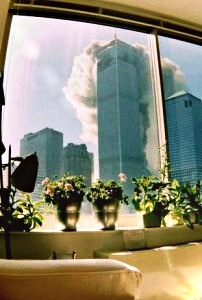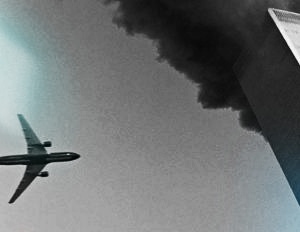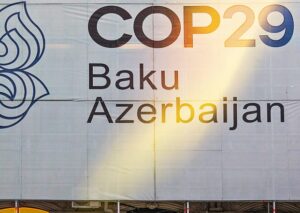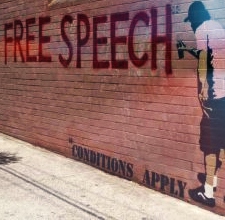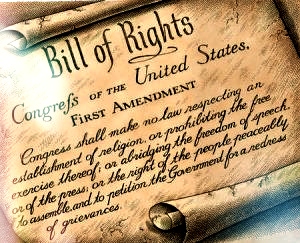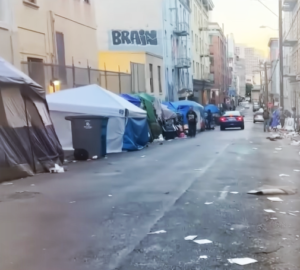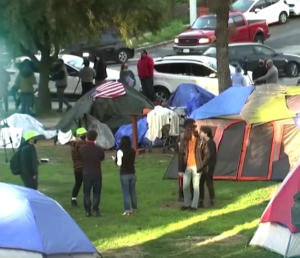Law and Disorder September 9, 2024
Podcast: Play in new window | Download
September 11, 2001: Lessons Learned And Overlooked
It has been 23 years ago this week since the attacks on September 11, 2001 in New York City, the Pentagon, and Shanksville, PA, killing nearly 3,000 people and injuring more than 6,000. On that day, the United States had a choice: The George W Bush administration could have treated the attacks as a violation of US and international law, launched a criminal investigation, and brought the perpetrators to justice in accordance with the rule of law. Instead, President Bush waged endless wars against Afghanistan and Iraq, pushed through Congress the USA Patriot Act, opened the notorious detention center at Guantanamo Bay which remain to this day, rounded up Muslims and South Asians for indefinite detention, initiated a wave of civil liberties and human rights violations, and committed wholesale torture against detainees and others.
To assess the legacy of 9/11 and the lessons learned and the lessons overlooked, we’ve invited someone who was at the center of Bush’s War on Terror. John Kiriakou is a journalist, former CIA counterterrorism officer, former senior investigator for the Senate Foreign Relations Committee, and former counterterrorism consultant for ABC News.
In 2007, Kiriakou blew the whistle on the CIA’s torture program, telling ABC News that the CIA tortured prisoners, that torture was official U.S. government policy, and that the policy had been approved by President George W. Bush. He knew what he was talking about. In 2002, he was responsible for the capture in Pakistan of Abu Zubaydah, then believed to be the third-ranking official in al-Qaeda.
He became the sixth whistleblower indicted by the Obama administration under the Espionage Act of 1917 — a law designed to punish spies. He served 23 months in prison as a result of his revelations.
In 2012, the Ralph Nader family honored Kiriakou with the Joe A. Callaway Award for Civic Courage, an award given to individuals who “advance truth and justice despite the personal risk it creates.” He won the PEN Center USA’s prestigious First Amendment Award in 2015, the first Blueprint International Whistleblowing Prize for Bravery and Integrity in the Public Interest in 2016, and also in 2016 the Sam Adams Award for Integrity in Intelligence, given by retired CIA, FBI, and NSA officers.
Guest – John Kiriakou is the author of eight books, including The Reluctant Spy: My Secret Life in the CIA’s War on Terror; and The CIA Insider’s Guide to the Iran Crisis. I met John in 2017 and we collaborated on companion reviews or the Los Angeles Review of Books of the book with the euphemisitic title Enhanced Interrogation written by James E. Mitchell and Bill Harlow, the architects of the American torture system.
—-
COP 29 Held In Azerbaijan Dictatorship
This year the UN Climate Conference — known as COP29 — will be hosted by the petrol-dictatorship of Azerbaijan. As COP29 delegates prepare to attend talks in Baku, the international community has a chance to shine a spotlight on Azerbaijan’s abysmal human rights record, notably the blockade and ethnic cleansing of Nagorno-Karabakh’s (Artsakh’s) Armenian population last year, and amid the government’s escalating domestic crackdown on freedom of speech, assembly and the press.
Ironically, Azerbaijan’s dictator Ilham Aliyev allocated $1 million to the UN Human Settlements Program, one day before a UN mission visited the Artsakh region who reported ‘no irregularities’ despite the territory being depopulated by Azerbaijan’s military invasion.
As one of the world’s top environmental and fossil fuel polluters, during its invasion of Nagorno-Karabakh, Azerbaijan used the outlawed, lethal and environmentally hazardous White Phosphorus as a chemical weapon on the native Armenian population and their highly forested environment. In that fatal siege, which liquidated all native Armenians, the Azeri government-sponsored blockaders posed as climate activists, while punishing true protesters of lethal pollution, in Azerbaijan, especially journalists and activists in advance of COP29.
Guest – Karnig Kerkonian, one of 23 legal advisors representing the Republic of Armenia at the ICJ (International Court of Justice) in 2021. Karnig’s team presented their case against Azerbaijan, calling on the Tribunal to take provisional measures “as a matter of extreme urgency” to “protect and preserve Armenia’s rights and the rights of Armenians from further harm.” Azerbaijan has ignored the ICJ’s November 2023 ruling to “take all necessary measures to prevent and punish acts of vandalism and desecration affecting Armenian cultural heritage, including but not limited to churches and other places of worship, monuments, landmarks, cemeteries and artifacts.” Attorney Kerkonian has also represented the Armenian community of Old Jerusalem in recent Israeli settler incursions upon the Armenian Quarter.
————————
